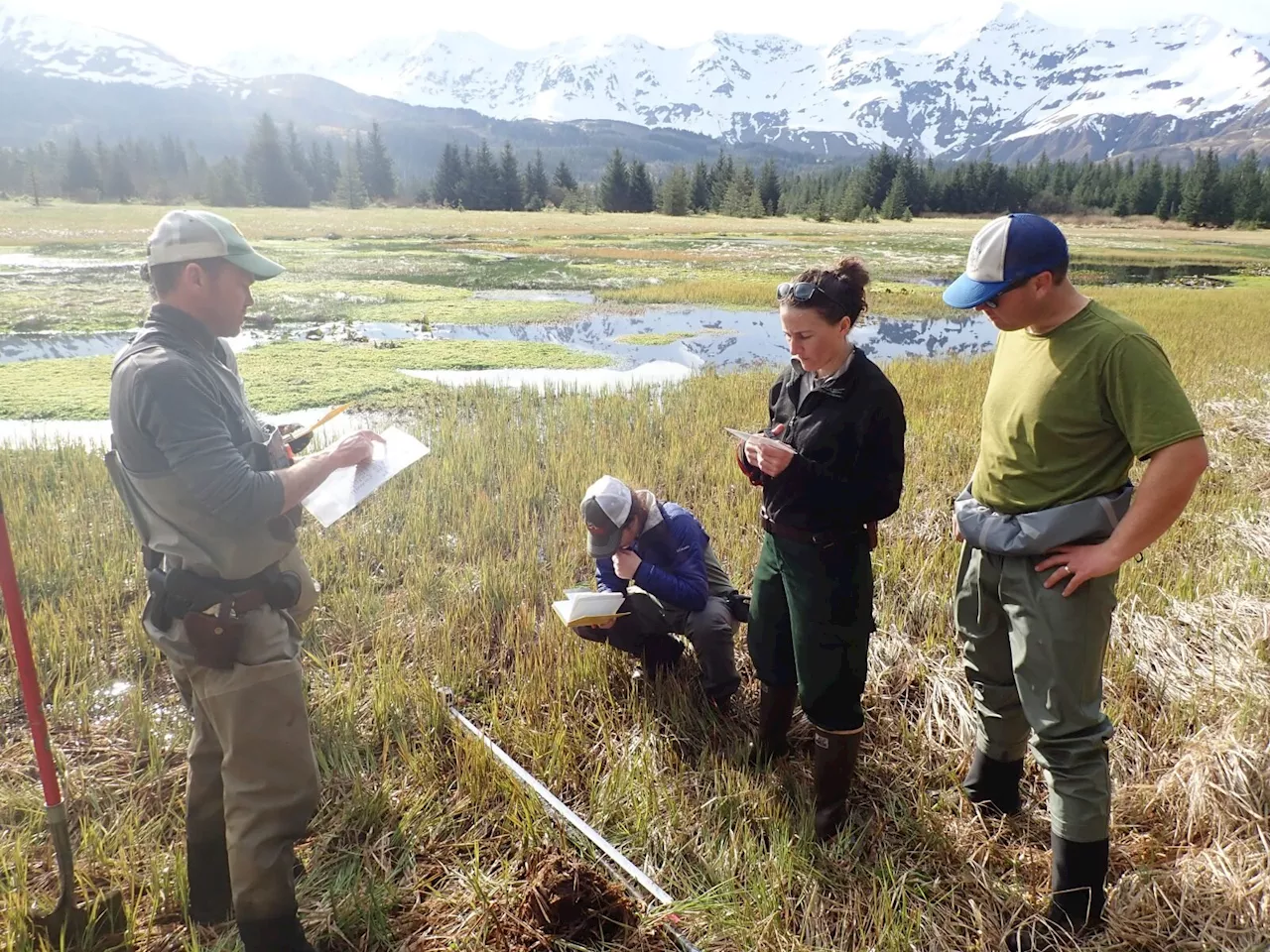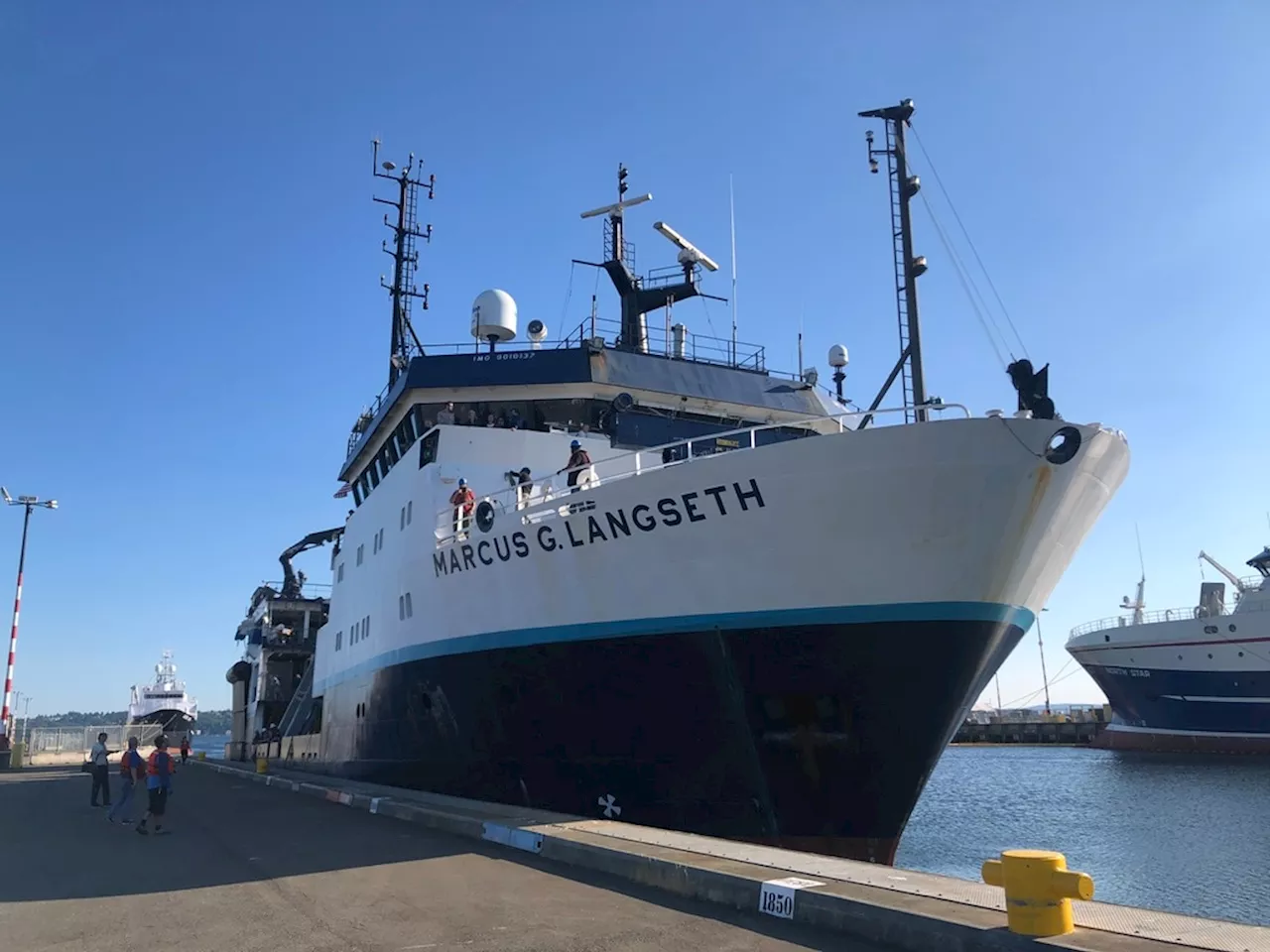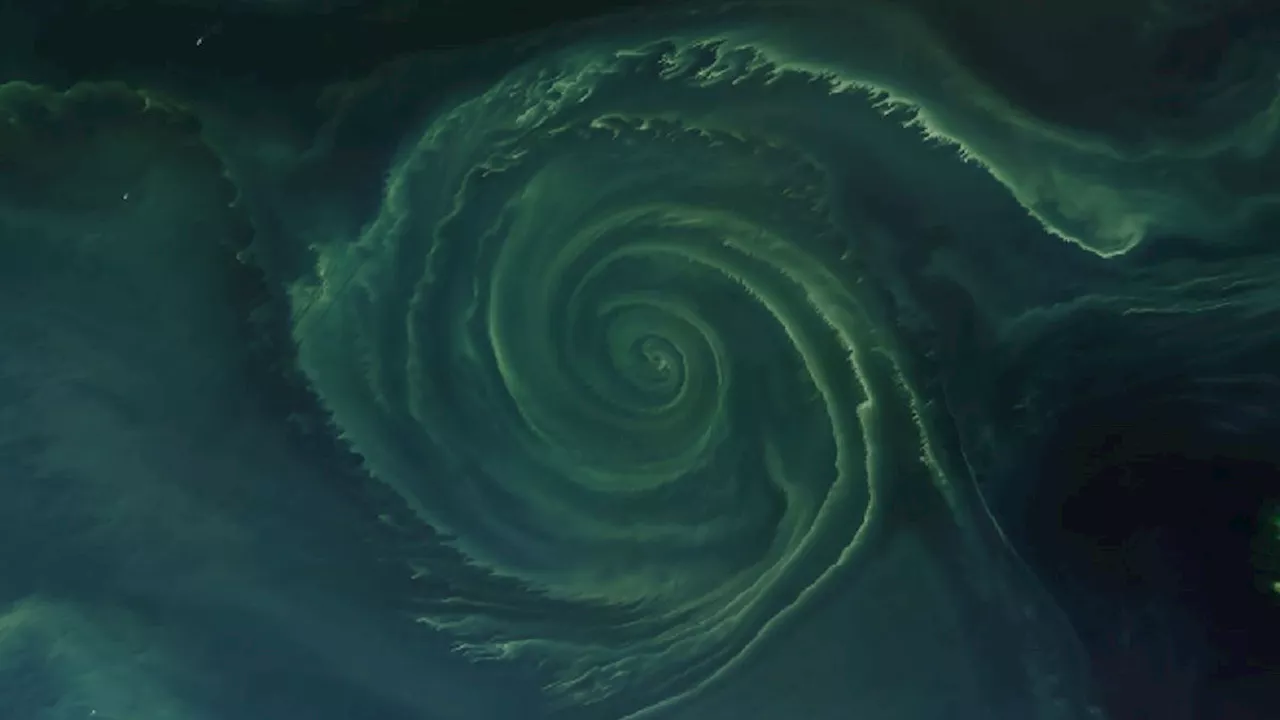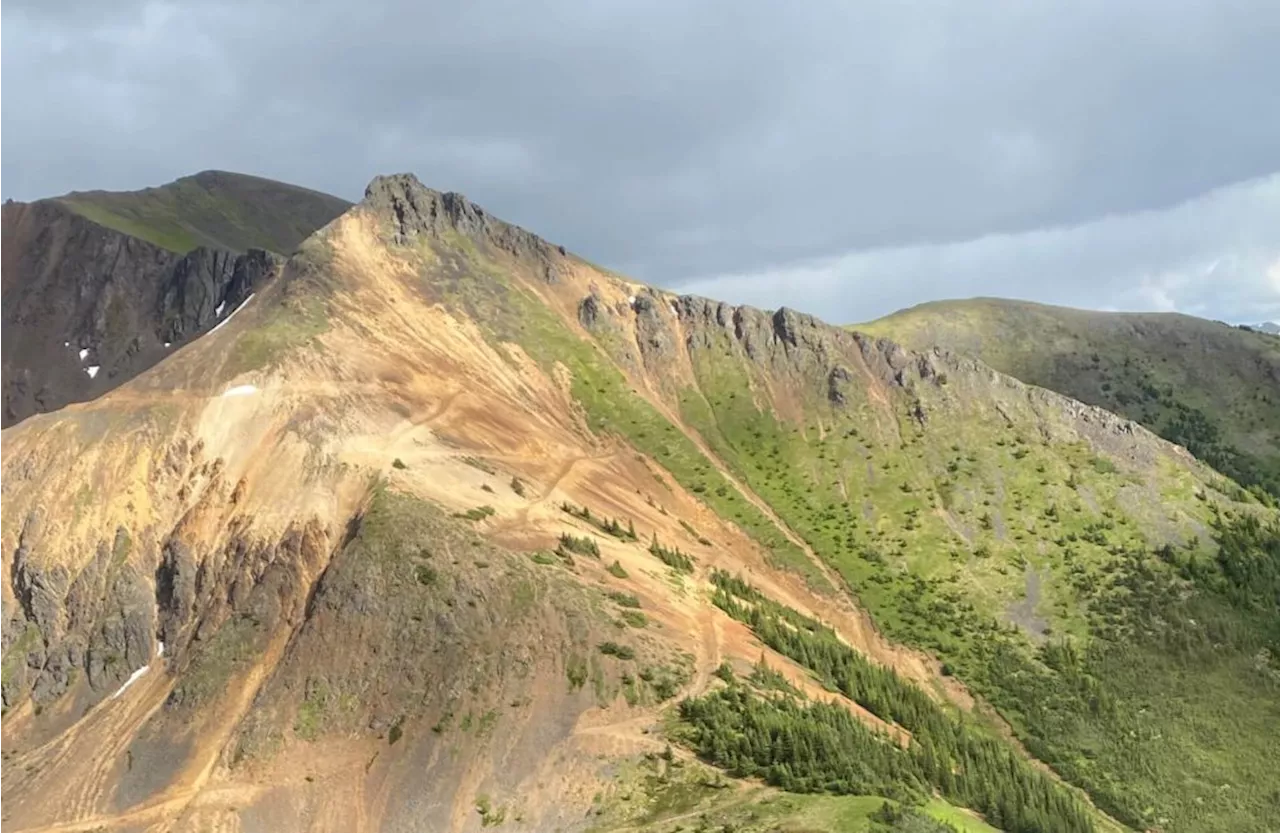Off the coasts of southern British Columbia, Washington, Oregon and northern California lies a 600 mile-long strip where the Pacific Ocean floor is slowly diving eastward under North America. This area, called the Cascadia Subduction Zone, hosts a megathrust fault, a place where tectonic plates move against each other in a highly dangerous way.
Cascadia Subduction Zone, one of Earth's top hazards, comes into sharper focus retrieved 7 June 2024 from https://phys.org/news/2024-06-cascadia-subduction-zone-earth-hazards.html
This document is subject to copyright. Apart from any fair dealing for the purpose of private study or research, no part may be reproduced without the written permission. The content is provided for information purposes only.Mar 16, 2020Use this form if you have come across a typo, inaccuracy or would like to send an edit request for the content on this page. For general inquiries, please use ourThank you for taking time to provide your feedback to the editors.
Your feedback is important to us. However, we do not guarantee individual replies due to the high volume of messages.to let the recipient know who sent the email. Neither your address nor the recipient's address will be used for any other purpose. The information you enter will appear in your e-mail message and is not retained by Phys.org in any form.Get weekly and/or daily updates delivered to your inbox.
Physics News Science News Technology News Physics Materials Nanotech Technology Science
United States Latest News, United States Headlines
Similar News:You can also read news stories similar to this one that we have collected from other news sources.
 Study finds evidence that subduction zone splay faults compound hazards of great earthquakesResearch has provided new insight into the tectonic plate shifts that create some of the Earth's largest earthquakes and tsunamis.
Study finds evidence that subduction zone splay faults compound hazards of great earthquakesResearch has provided new insight into the tectonic plate shifts that create some of the Earth's largest earthquakes and tsunamis.
Read more »
 Subduction zone splay faults compound hazards of great earthquakesGroundbreaking research has provided new insight into the tectonic plate shifts that create some of the Earth's largest earthquakes and tsunamis.
Subduction zone splay faults compound hazards of great earthquakesGroundbreaking research has provided new insight into the tectonic plate shifts that create some of the Earth's largest earthquakes and tsunamis.
Read more »
 Scientists map one of Earth’s top hazards in the Pacific NorthwestA catastrophic earthquake and tsunami will one day hit the Pacific Northwest as tectonic plates slip at the Cascadia subduction zone off the coast.
Scientists map one of Earth’s top hazards in the Pacific NorthwestA catastrophic earthquake and tsunami will one day hit the Pacific Northwest as tectonic plates slip at the Cascadia subduction zone off the coast.
Read more »
 Earth from space: Ethereal algal vortex blooms at the heart of massive Baltic 'dead zone'Harry is a U.K.-based senior staff writer at Live Science. He studied marine biology at the University of Exeter before training to become a journalist. He covers a wide range of topics including space exploration, planetary science, space weather, climate change, animal behavior, evolution and paleontology.
Earth from space: Ethereal algal vortex blooms at the heart of massive Baltic 'dead zone'Harry is a U.K.-based senior staff writer at Live Science. He studied marine biology at the University of Exeter before training to become a journalist. He covers a wide range of topics including space exploration, planetary science, space weather, climate change, animal behavior, evolution and paleontology.
Read more »
 Tsunami sands help scientists assess Cascadia earthquake modelsTo better understand the scale of past earthquakes and tsunamis, scientists often use earthquake modeling or turn to evidence the tsunamis leave behind, such as sand deposits.
Tsunami sands help scientists assess Cascadia earthquake modelsTo better understand the scale of past earthquakes and tsunamis, scientists often use earthquake modeling or turn to evidence the tsunamis leave behind, such as sand deposits.
Read more »
 Cascadia Minerals stock soars on exploration fundingNo 1 source of global mining news and opinion
Cascadia Minerals stock soars on exploration fundingNo 1 source of global mining news and opinion
Read more »
